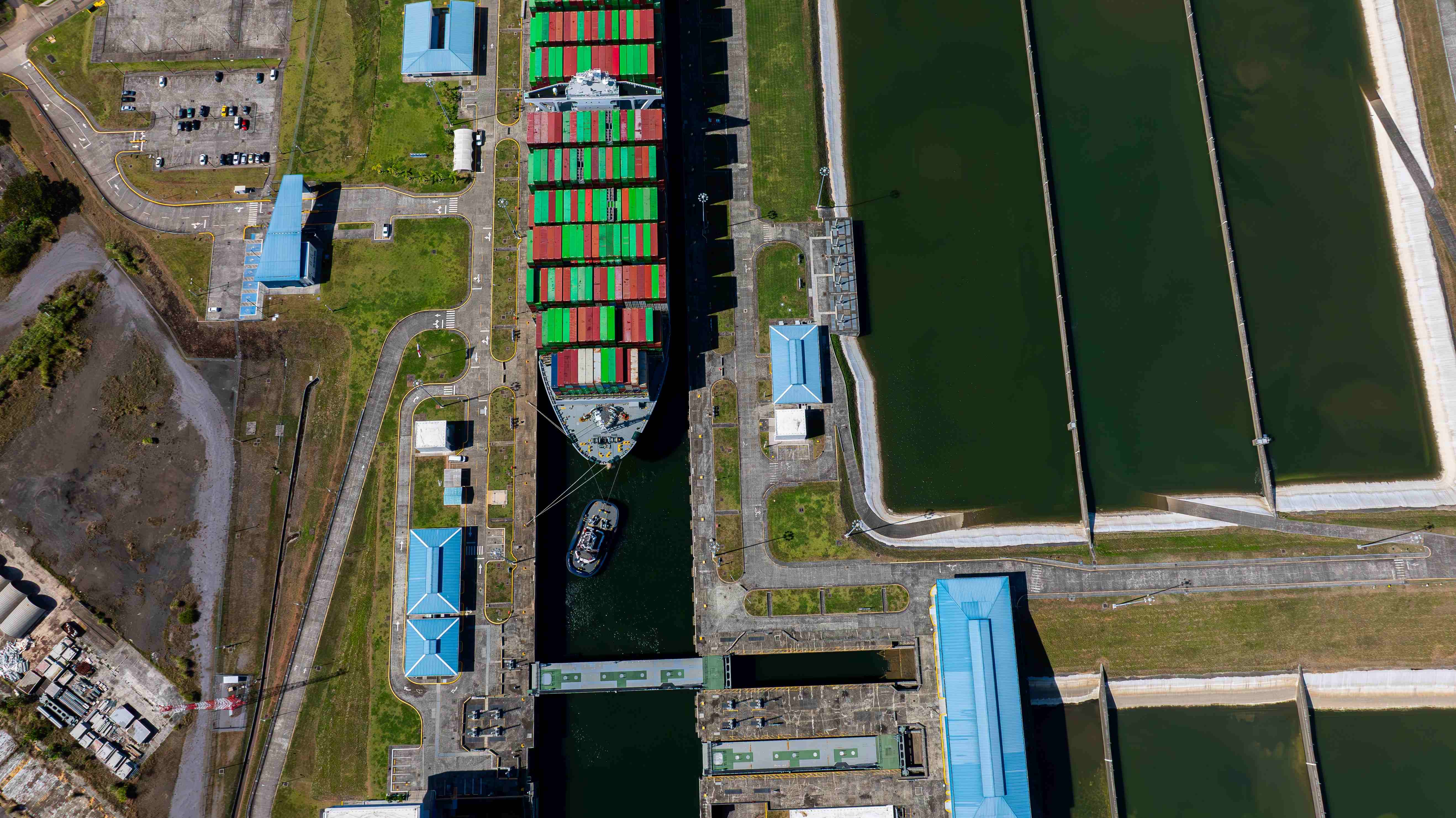Competition Law Developments 2020
Co-operative shipping agreements between liner shipping companies have existed for over a century. The majority of major trading nations continue to acknowledge the importance of containership operators being permitted to share cargo through Vessel Sharing Agreements (VSA), increasing their service offerings and maximising efficiency in terms of frequency, reliability, quality and price.

Despite low freight rates over the past two decades, these service improvements have been passed on to customers of the maritime transport network, which has expanded exponentially in recent years to accommodate growing demand for international trade.
General competition/anti-trust laws, which are becoming increasingly mature in Asian jurisdictions, have the potential to restrict these co-operative arrangements, but repeated and comprehensive assessments by many national competition authorities have continued to recognise that the substantial economic benefits of permitting exemptions to the shipping industry far outweigh any perceived disadvantages. In addition to cost efficiencies, these exemptions are also an important component of the liner shipping industry’s efforts to reduce CO2 emissions through the shared use of transport assets and infrastructure.
It is therefore vital that regulatory frameworks governing competition for shipping are clearly defined, and ICS has a longstanding commitment to promote the maintenance of the status quo for anti-trust exemptions throughout the world with respect to co-operative agreements,
including VSAs.

Over the past two years, the main focus of ICS and industry partners, including the European Community Shipowners’ Associations (ECSA) and the World Shipping Council (WSC), has been the provision of input into the European Commission’s review of the EU Block Exemption Regulation (BER) for liner shipping consortia. The BER has worked very well for the past 25 years, setting out clear rules that can be practically applied without extensive legal analysis, so that carriers can focus on identifying the most efficient transportation solutions without the cost and delay associated with legal self-assessments of routine operational arrangements. The industry has therefore welcomed the European Commission’s decision, in March 2020, to extend the EU BER until April 2024.
Meanwhile, in Asia in 2019, the Malaysia Competition Commission (MyCC) issued its third Block Exemption
Order (BEO) for liner shipping agreements. MyCC had initially approved this in 2014. The new order, in effect since July 2019 is now set to expire in July 2022. Meanwhile, the longstanding block exemption for liner shipping in Singapore has served as a model for neighbouring countries. It is therefore hoped that the current agreement, set to expire in December 2020, will be extended, and ICS expects to make a submission on this issue.
A large number of comprehensive reviews by national competition authorities in recent years have served to reaffirm the value of VSAs. This includes reviews in Hong Kong (China), India (due to expire in 2021), Japan, Malaysia, South Korea, New Zealand, Canada, the United States and the EU. In August 2019, the New Zealand Commerce Commission extended the validity of VSAs indefinitely.
Over five years ago, the Australian Government launched a ‘root and branch’ review of its competition laws. This concluded in 2015, with a Review Panel recommendation to repeal liner shipping exemptions and replace them with an exemption process for consortia alone. At the end of 2019, the Australian Competition and Consumer Commission initiated a related public consultation and the industry hopes that the status quo can be retained. Carrier agreements are currently exempt in Australia, under Part X of the Competition and Consumer Act. Due to the COVID-19 outbreak, this consultation has been temporarily paused, but is expected to resume during 2020.
Related content

Trade flows adapting to climate change impacts

Common Guidance on the Presentation and Loading of Vehicles

MSC 108-14-1 – Early implementation of draft amendment to paragraph 16.9.2 of the IGC Code
